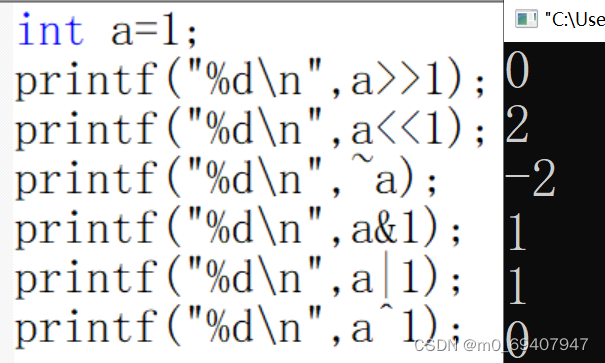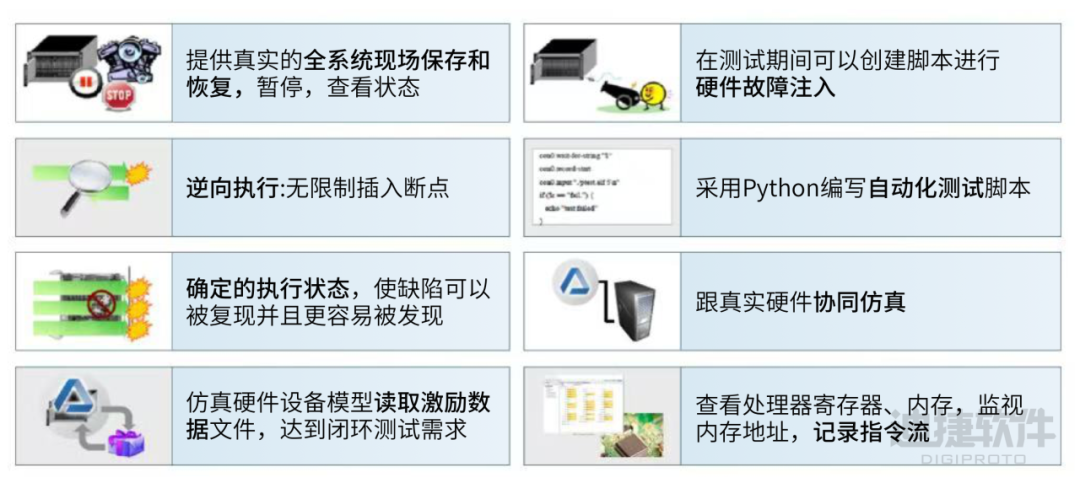目录
一.性质
二.作用
三.方法
四.使用
1.改变标签
2.打开本地文件
3.退出程序
4.打开Dialog
五.效果
六.代码
在 QML 中,Menu 是一个用于创建下拉菜单或上下文菜单的控件。它通常由多个 MenuItem 组成,每个 MenuItem 可以包含文本、图标和快捷键,并且可以响应用户的点击事件。
一.性质
- 继承自 Popup:
Menu继承自Popup,这意味着它可以作为一个弹出式控件使用。 - 组成元素:
Menu由多个Action组成,这些Action可以是QAction、QMenu或其他可点击的项。 - 信号槽机制:
Menu支持信号槽机制,当某个Action被触发时,可以执行相应的函数。
二.作用
- 提供用户界面元素:
Menu提供了一种标准的方式来组织和显示应用程序的功能选项,使用户能够通过菜单访问不同的操作。 - 增强用户体验:通过使用菜单,用户可以更容易地导航和使用应用程序,因为它提供了一种直观的方式来分组和访问相关功能。
- 实现上下文菜单:
Menu可以用作上下文菜单,即在用户右键单击某个项目时显示的菜单,这为用户提供了快速访问常用功能的便利。
三.方法
-
Action actionAt(int index):
作用:返回指定索引处的Action对象。如果索引无效,则返回null。 -
void addAction(Action action):
作用:将一个Action添加到菜单的末尾。 -
void addItem(Item item):
作用:将一个Item添加到菜单的末尾。 -
void addMenu(Menu menu):
作用:将一个子菜单添加到菜单的末尾。 -
void dismiss():
作用:关闭菜单。 -
void insertAction(int index, Action action):
作用:在指定索引处插入一个Action。 -
void insertItem(int index, Item item):
作用:在指定索引处插入一个Item。 -
void insertMenu(int index, Menu menu):
作用:在指定索引处插入一个子菜单。 -
Item itemAt(int index):
作用:返回指定索引处的Item对象。如果索引无效,则返回null。 -
Menu menuAt(int index):
作用:返回指定索引处的子菜单。如果索引无效,则返回null。 -
void moveItem(int from, int to):
作用:将一个Item从当前位置移动到新的位置。 -
void popup(real x, real y, MenuItem item):
作用:在指定的屏幕坐标 (x, y) 处弹出菜单,并关联到指定的MenuItem。 -
void popup(Item parent, real x, real y, MenuItem item):
作用:在指定的父项和屏幕坐标 (x, y) 处弹出菜单,并关联到指定的MenuItem。 -
void popup(point pos, MenuItem item):
作用:在指定的点pos处弹出菜单,并关联到指定的MenuItem。 -
void popup(Item parent, point pos, MenuItem item):
作用:在指定的父项和点pos处弹出菜单,并关联到指定的MenuItem。 -
void popup(MenuItem item):
作用:在默认位置弹出菜单,并关联到指定的MenuItem。 -
void popup(Item parent, MenuItem item):
作用:在默认位置弹出菜单,并关联到指定的MenuItem,同时指定父项。 -
void removeAction(Action action):
作用:从菜单中移除指定的Action。 -
void removeItem(Item item):
作用:从菜单中移除指定的Item。 -
void removeMenu(Menu menu):
- 作用:从菜单中移除指定的子菜单。
-
Action takeAction(int index):
- 作用:移除并返回指定索引处的
Action。如果索引无效,则返回null。
- 作用:移除并返回指定索引处的
-
MenuItem takeItem(int index):
- 作用:移除并返回指定索引处的
Item。如果索引无效,则返回null。
- 作用:移除并返回指定索引处的
-
Menu takeMenu(int index):
- 作用:移除并返回指定索引处的子菜单。如果索引无效,则返回
null。
- 作用:移除并返回指定索引处的子菜单。如果索引无效,则返回
四.使用
1.改变标签

2.打开本地文件

3.退出程序

4.打开Dialog

五.效果


六.代码
import QtQuick 2.15
import QtQuick.Controls 2.15ApplicationWindow {visible: truewidth: 640height: 480title: "Menu Example"// 背景矩形,增加视觉效果Rectangle {anchors.fill: parentcolor: "#F0F0F0"// 标签Label {id:_Labelanchors.centerIn: parenttext: "我是一个标签"font.pixelSize: 24font.bold: truehorizontalAlignment: Text.AlignHCentercolor: "#333333"}// 创建一个主菜单按钮MenuBar {Menu {title: "File"Action {text: "New"onTriggered: {_Label.text = "New"}}Action {text: "Open"onTriggered: {var folderPath = "file:///C:";Qt.openUrlExternally(folderPath);}}Action {text: "Exit"onTriggered: Qt.quit()}}Menu {title:"Help"Action {text:"About"onTriggered:{aboutDialog.open() // 打开关于对话框。}}}}Dialog { // 添加一个关于对话框id : aboutDialogtitle : "About"modal : trueimplicitWidth:300implicitHeight: 300standardButtons : Dialog.OkcontentItem : Column {spacing : 10padding : 10Label {text : "菜单示例应用程序"wrapMode : Text.WordWrap}}}}
}



















